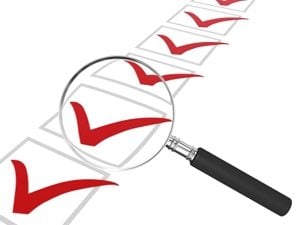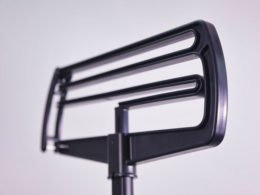Russell Williams founded Invention
Home over 7 years ago to assist inventors with the marketing and
licensing of their ideas. He’s been asked nearly every
invention-related question in the book, and shares his wisdom with you
in this series, "The Inventor Q&A."
Question:
What are the benefits of developing a prototype of my invention?
Answer:
A physical prototype can be very beneficial to your marketing and patenting efforts, as explained below:
- Without a physical prototype, it will be more difficult for a buyer to understand your invention. As discussed in previous posts, the chance of success increases as you move your invention through the development process. A prototype brings your idea to life for the person evaluating your invention, which increases the chances of ultimately taking your invention to market.
- A developed prototype helps to work out the details of the invention. Identifying design flaws and weaknesses is much easier when you can actually test the invention. Engineering drawings and artwork alone cannot “prove” the concept in the same manner that a prototype can – prototypes help to ensure that the invention will work the way you intended.
- Having a physical prototype can help to identify key details that should be included in the provisional and/or non-provisional patent(s). Filing a patent first before developing a prototype could lead to key details being excluded from the patent application – details that are learned only through prototype development. For this reason, I recommend that if you plan to develop a prototype, you do it first, before you file a patent.
- Patent drawings will be much easier to complete if a model is available from which to work.
- Developing a working prototype can also help to determine the best manufacturing materials and processes. Your original invention may be altered based on the prototype.
Question:
I don’t understand; I have retail stores that want to carry my invention, and all my friends want to buy one – I know it’s a good idea. Why hasn’t a company licensed it?
Answer:
There is a distinct difference between getting a new product idea licensed and having an end user interested in purchasing it. A company who licenses a product is absorbing all the costs that go along with development, tooling, manufacturing, distributing and marketing. There is a great deal more risk involved in this than simply ordering or buying an existing product.
For help in licensing
an invention, click here for a free information kit.
Read other editions of
The Inventor Q&A:






